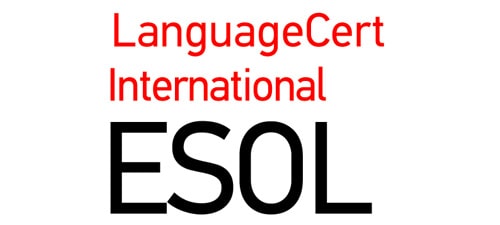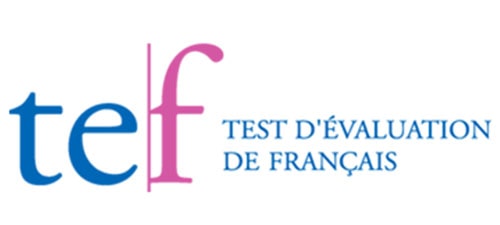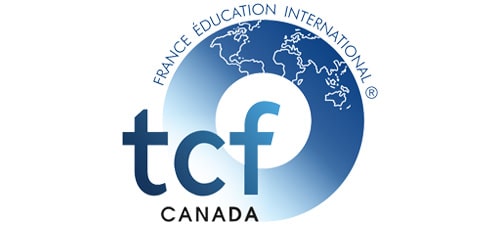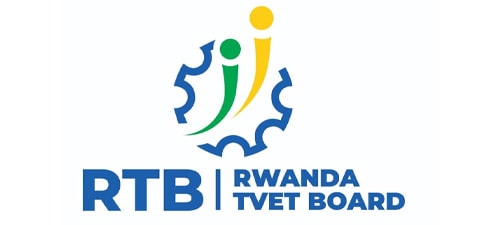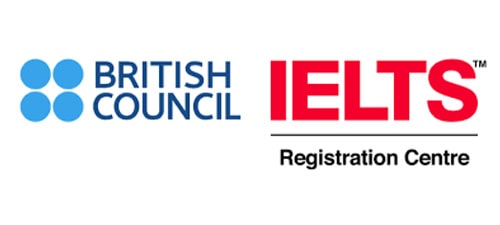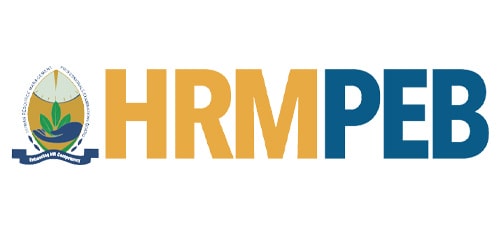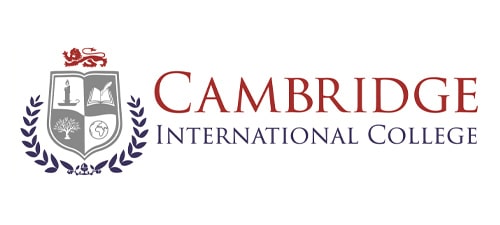Inclusive Education: Strategies and Best Practices
- Home
- Accreditation
- KISE
- Inclusive Education: Strategies and Best Practices
Course Description:
The Inclusive Education course is designed to provide students with an in-depth understanding of inclusive education practices and policies. The course will explore the theoretical frameworks and practical strategies that support inclusive classrooms. Participants will examine the characteristics and needs of diverse learners and learn to design and implement instructional strategies that accommodate these needs. Students will also discuss current issues and research on inclusive education.
Learning Objectives:
- Understand the characteristics and needs of students with disabilities and diverse learners.
- Recognize the benefits and challenges of inclusive education.
- Analyze the theoretical frameworks and research on inclusive education.
- Utilize effective instructional strategies for inclusive education.
- Design and support inclusive learning environments.
- Develop interdisciplinary collaboration between teachers, therapists, and other professionals.
- Understand the legal and ethical responsibilities of inclusive education.
Course Format:
- Online and blended learning with a mixture of synchronous and asynchronous sessions.
- Multimedia resources, including videos, podcasts, and interactive tools.
- Group discussions and case studies.
- Guest lectures from diverse backgrounds, including researchers, educators, and advocates.
- Self-reflection activities, quizzes, and other assessments.
- Final project or paper.
Course Topics:
1. Introduction to Inclusive Education
- Defining inclusive education and understanding its importance.
- Historical perspectives and current trends.
- Benefits and challenges of inclusive education.
2. Theoretical Frameworks of Inclusive Education
- Understanding the conceptual framework of inclusive education.
- Social justice and critical pedagogy in inclusive education.
3. Diverse Learners
- Characteristics and needs of diverse learners, including students with disabilities and language learners.
- Intersectionality and diversity.
4. Instructional Strategies
- Planning inclusive instructional strategies.
- Universal Design for Learning (UDL).
- Effective classroom management strategies.
5. Supporting Inclusive Learning Environments
- Designing inclusive physical environments.
- Creating psychological safety and respect in inclusive classrooms.
- Parental involvement in inclusive education.
6. Collaboration and Interdisciplinary Education
- Collaboration and interdisciplinary practices among educators, therapists, and other professionals.
- Community and family engagement.
7. Legal and Ethical Considerations
- Legal and ethical considerations when implementing inclusive education.
- Special education laws and policies.
- Ethical issues in inclusive education.
Assessment Criteria:
- Active participation in discussions and case studies: 20%
- completion of quizzes and self-reflection activities: 20%
- Final project or paper: 60%
Required Texts:
Florian, L., & Black-Hawkins, K. (2011). Exploring inclusive educational practices through professional inquiry. London: Routledge.
Ainscow, M. (2015). Towards a more inclusive education. Bristol: Policy Press.
Additional Readings:
Booth, T., & Ainscow, M. (2011). Index for inclusion: Developing learning and participation in schools (2nd ed.). Bristol: CSIE.
Fraser, K. (2014). Just schools: A whole school approach to inclusion and equity. New York: Teachers College Press.
Losen, D. J., & Skiba, R. J. (2010). Suspended Education: Urban Middle Schools in Crisis. New York: Teachers College Press.

